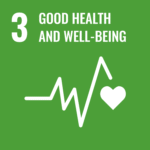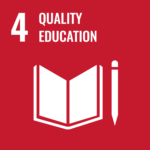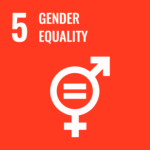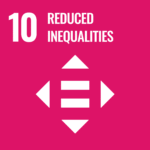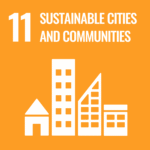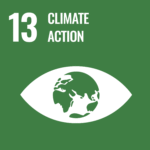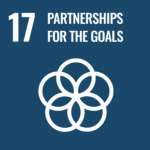The Inclusive Communities Project (ICP) is a core social impact initiative of Brighter Future Africa (BFA) dedicated to promoting equality, inclusion, and sustainability in Ghana’s educational and community development spaces.
The project recognizes that many girls, persons with disabilities, and marginalized groups in Ghana’s rural and low-income communities face systemic barriers to education, social participation, and opportunity. Cultural biases, poverty, inaccessible infrastructure, and limited community awareness continue to exclude these groups from fully benefiting from national development efforts.
Through the Inclusive Communities Project, BFA works to break these barriers by empowering communities to become more inclusive, equitable, and supportive environments for all individuals—regardless of gender, background, or ability. The project combines advocacy, capacity building, direct support, and community engagement to create spaces where diversity is celebrated and inclusion becomes a shared social value.
Goal
To promote inclusive education, gender equality, and community empowerment across Ghana through advocacy, capacity building, and local development initiatives that ensure equal opportunities for all.
Objectives
Promote inclusive education by supporting children with disabilities and marginalized learners to access and thrive in mainstream schools.
Strengthen gender equality and empower girls and women to participate in education, leadership, and community life.
Advocate for disability-friendly and gender-sensitive environments in schools and communities.
Build the capacity of teachers, parents, and community leaders to adopt inclusive practices.
Support community-led projects that enhance health, education, and environmental sustainability.
Foster collaboration among stakeholders — schools, traditional authorities, local assemblies, and NGOs — to sustain inclusive practices.
Program Components

Inclusive Education Support
- Identifying children with disabilities or learning challenges in underserved communities and supporting their enrollment in school.
- Working with schools to establish inclusive classrooms equipped with assistive materials and accessibility features (e.g., ramps, visual aids, modified furniture).
- Training teachers in inclusive pedagogies and child-centered learning methods.
- Providing scholarships and learning materials for children from vulnerable backgrounds.

Gender Empowerment & Girls’ Education
- Community campaigns encouraging parents to support girls’ education and delay early marriage.
- Providing menstrual hygiene kits, mentorship programs, and leadership clubs for girls in schools.
- Training young women in advocacy, reproductive health, and personal development.
- Promoting equal participation of women in community decision-making.
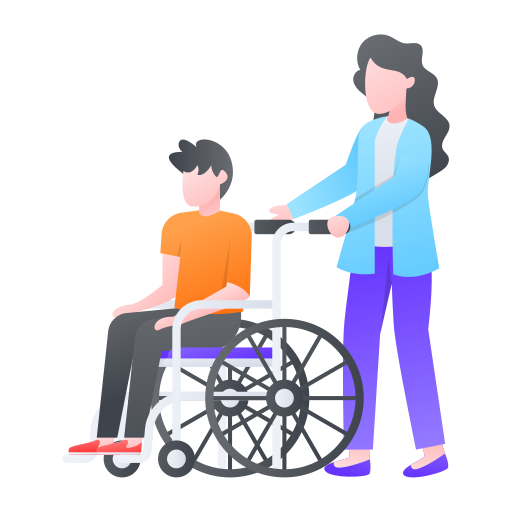
Disability Inclusion & Advocacy
- Conducting sensitization programs to reduce stigma and discrimination against persons with disabilities (PWDs).
- Partnering with disability organizations and health professionals to provide mobility aids, screening, and referrals.
- Advocating for inclusive policies at the local government level and promoting PWD representation in community governance structures.

Community Development & Health Promotion
- Supporting local projects that address community health challenges such as sanitation, nutrition, and maternal health.
- Organizing community clean-up exercises, tree planting, and environmental education campaigns.
- Promoting climate resilience by encouraging environmentally friendly practices such as recycling, tree planting, and water conservation.
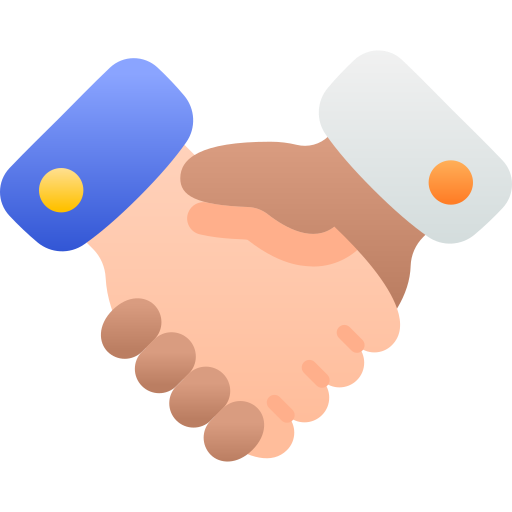
Partnerships and Capacity Building
-
- Building alliances with district assemblies, schools, CSOs, and traditional authorities to champion inclusion.
- Training community volunteers as Inclusion Ambassadors to sustain advocacy at the grassroots level.
- Engaging local businesses and organizations to provide internship or employment opportunities for marginalized youth.
Expected Outcomes
- Increased enrollment and retention of children with disabilities and girls in schools.
- Improved community understanding and acceptance of diversity and inclusion.
- Enhanced capacity of teachers and local leaders to implement inclusive practices.
- Reduced gender-based and disability-related inequalities in education and employment.
- Stronger collaboration between communities, institutions, and local government in advancing inclusion.
- Improved health, hygiene, and environmental consciousness within beneficiary communities.
Sustainability
- Community Ownership: BFA ensures local participation at every stage — from needs assessment to implementation and monitoring — fostering ownership and sustainability.
- Integration with Local Systems: The project collaborates with the Ghana Education Service (GES), Department of Social Welfare, and District Assemblies to align interventions with government inclusion strategies.
- Capacity Building: Training teachers, volunteers, and local leaders ensures knowledge and practices continue beyond the project cycle.
- Partnerships: BFA engages NGOs, corporate entities, and faith-based organizations for technical and financial support to scale up inclusion initiatives.
BFA’s Inclusive Community Projects promote equality, inclusion, and sustainability across communities. We empower girls, persons with disabilities, and marginalized groups through education, advocacy, and local development initiatives. By advancing health and well-being (SDG 3), quality education (SDG 4), gender equality (SDG 5), and reduced inequalities (SDG 10), we help build sustainable, climate-resilient communities (SDGs 11 & 13) through strong partnerships (SDG 17) that drive lasting impact.
